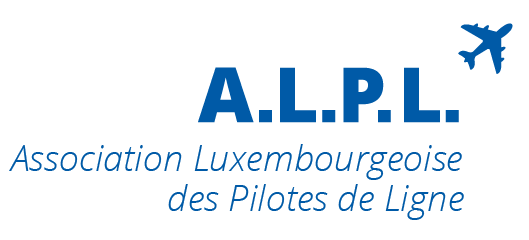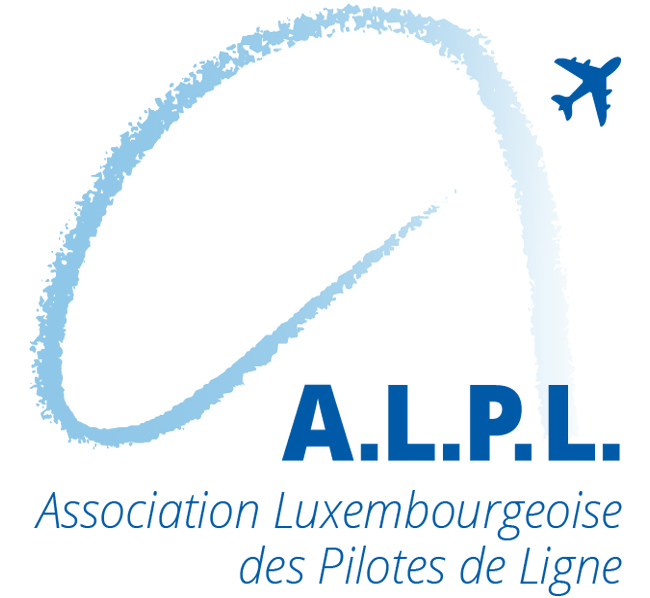Despite the occasional outcry about the “greedy” pilots on strike, all crew and many passengers do understand that negotiations with the employers can result in a deadlock which can at times lead to a strike. The current industrial disputes in numerous airlines across Europe have proven to be a pressure test for airline managers and their true colours.
Negotiating terms and conditions between pilot unions and airlines is always a challenge. It often creates a period with high tensions between the two parties that could drag on for months. Before starting such negotiations, it is clear that the large majority of pilots would like to build a life-long career with stable working conditions at the company they work for. Jumping from airline to airline is not what pilots want. We’re trained for a career for life and see the airline we work for – and fellow crew – as our family.
And this attitude is reflected in our approach to negotiations: we want the airline to have a long-term vision for a robust future, to be profitable and prosperous. But it is in this tense atmosphere of negotiations and pressure that you actually see the values and beliefs of your employer, the management’s true vision about labour relations.




